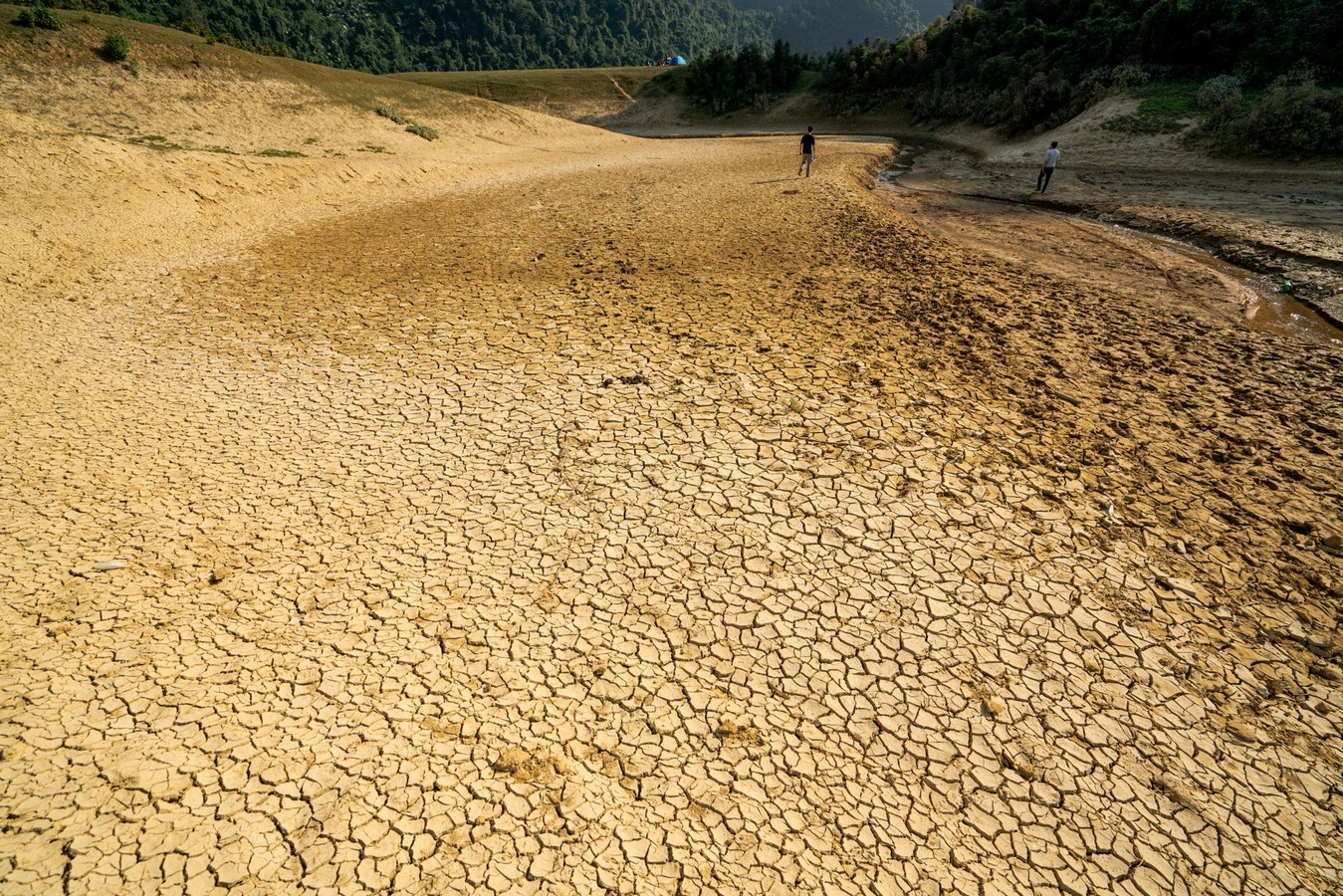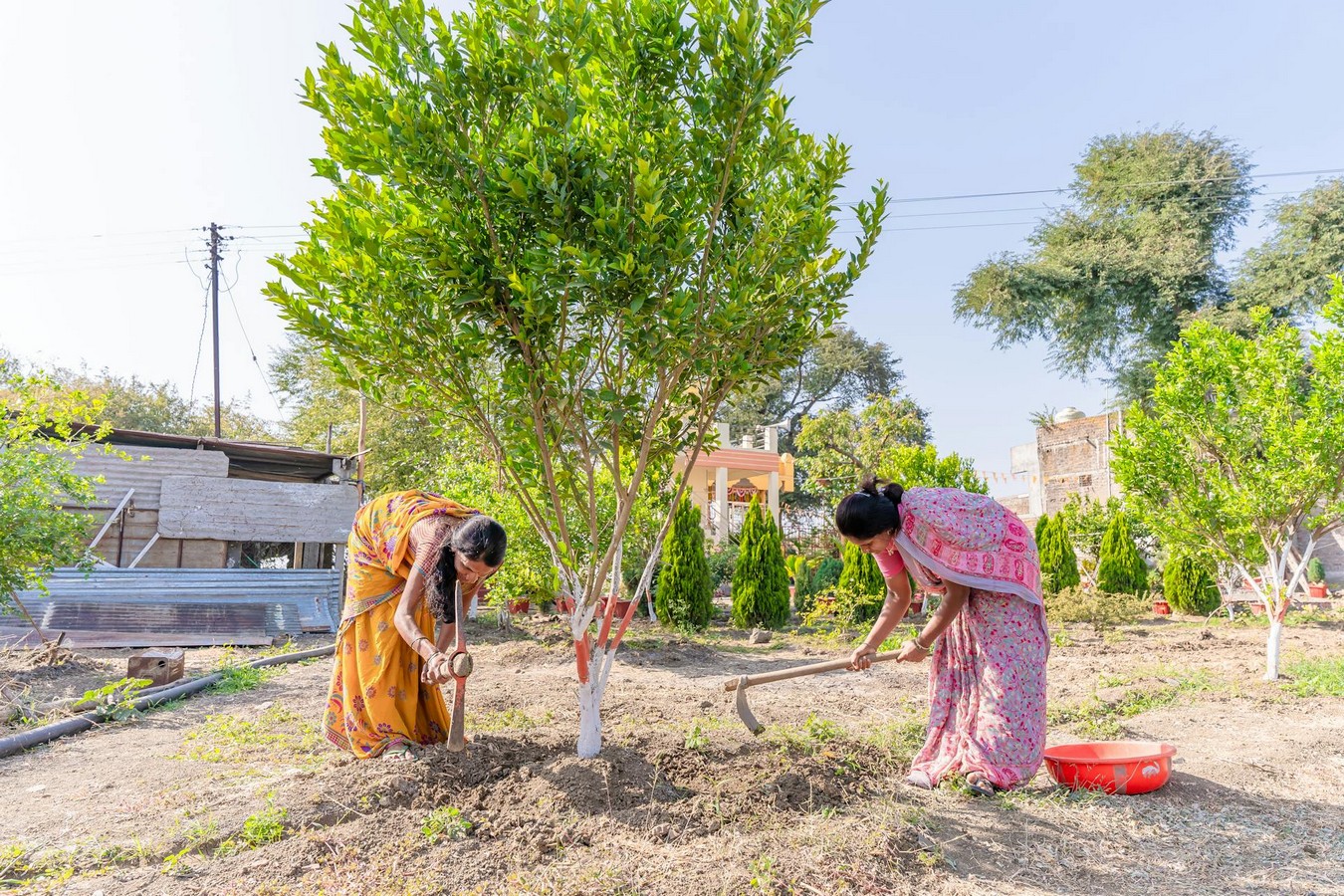At this point, no economic theory overlooks the need to overcome water-related challenges to achieve a reasonable social and economic balance on a global scale. It has also become clear that the rapid changes the world is undergoing — directly affecting the water and sanitation sector — require innovation in the most complex areas of its management.
Innovation demands financial investment, which must reach the most vulnerable regions. There is growing consensus that urgent political effort is needed to drive cooperation at all levels: cross-sector, public-private, and intergovernmental. Now more than ever, amid uncertainty about the future of international cooperation, we must find new ways to foster and apply innovation across the vast water and sanitation access landscape.
With this spirit in mind, last March saw The Value of Water conference held at ISH Frankfurt — a meeting of international experts sharing realistic solutions based on the experiences of communities suffering the consequences of growing water stress and the challenges of achieving efficient sanitation.
“We need meetings like this. Spaces where we can exchange ideas and experiences to help us measure the real value of water — and the importance of integrating that value into every project or collaborative initiative to accelerate progress toward the SDGs,” said Carlos Garriga, Director of the Foundation. At the conference, he highlighted the experience gained from our 109 projects in 40 countries — a solid base to understand the true value of water in context and ensure that innovation generates the best results.

We need innovation to adapt to water stress and prevent water scarcity from hindering development, blocking growth prospects, and exacerbating humanitarian crises. © chiến bá / pexels
The Value of Water: A Constantly Redefined Factor
In Frankfurt, experts discussed how to redefine the economic value of water to reflect its true scarcity and importance, and how new models can promote more equitable access to water resources worldwide. There was broad consensus that resolving the disconnect between the value and price of water is essential to tackling current and future water risks.
Innovation must focus on improving management efficiency and deepening public awareness. For any solution to be sustainable, people must understand the water cycle and its complexity as much as possible.
Experts reiterated ideas we previously discussed at the World Majlis during Expo Dubai, where the growing conflict between water for agriculture and water for domestic and industrial use was highlighted — a critical factor in any water intervention.

Innovation demands financial investment, which must reach the most vulnerable regions. © Safari Consoler /pexels
Water Crisis and Climate Change
The influence of climate change on water strategies was a common theme throughout the conference. Dr. Dieter Gerten, from the Potsdam Institute, stressed the need to transform agri-food and urban systems to reduce pressure on water resources. In water-stressed regions, it’s vital to ensure that agricultural productivity does not deplete water supplies. In large-scale operations, efficiency must go hand in hand with long-term planning.
In subsistence farming communities, our experience confirms that participatory management solutions are essential to prevent ecological collapse.
Nature-based solutions (NBS) have become a well-established trend in recent decades. In Frankfurt, experts like Prof. Hans-Otto Pörtner examined how blue-green infrastructure can balance human and ecological needs, enhancing resilience to climate change.
These contributions echoed the outcomes of COP16 in Cali, where it was emphasized that a regenerative economy is not only possible but necessary. Solutions to the biodiversity and climate crises share a common denominator: they require understanding, effective and fair financing, and political will to safeguard natural resources.

In subsistence farming communities, our experience confirms that participatory management solutions are essential to prevent ecological collapse. © EqualStock / pexels
Cities at the Center of Innovation
Cities will shape the planet’s future. Ensuring that urban growth considers its impact on the water cycle and climate is a pressing priority. Although the outlook can appear bleak, this is precisely why cities have become the hub of the most transformative initiatives.
Dr Christina Eisenbarth highlighted how resilient buildings — with green roofs and vertical gardens — significantly contribute to sustainable water management in urban areas. Mitigating the urban heat island effect and promoting urban tree cover are now recognized as key strategies for building more inclusive, safe, resilient, and sustainable cities.
In this context, urban and peri-urban agriculture is emerging as a powerful driver of transformation — encouraging water reuse and redefining urban development logic. Cities need not be just concrete and asphalt. It’s not utopian to imagine them producing a large share of future food, saving water, and becoming active players in climate change mitigation.
There’s Plenty of Innovation in Need of Investment
One of the most encouraging conclusions from The Value of Water conference was the recognition of a broad spectrum of innovative initiatives that are already proving successful — precisely because they are rooted in people, our best guarantee of success.
Most of these solutions show that integrating sustainability into aid efforts is an ethical obligation and a sound economic investment. Beyond financial metrics, the true value of water lies in our capacity to build a more just and resilient future for all.

Urban and peri-urban agriculture is emerging as a powerful driver of transformation — encouraging water reuse and redefining urban development logic. © Matheus Bertelli / pexels





